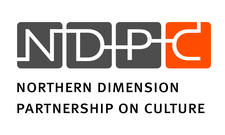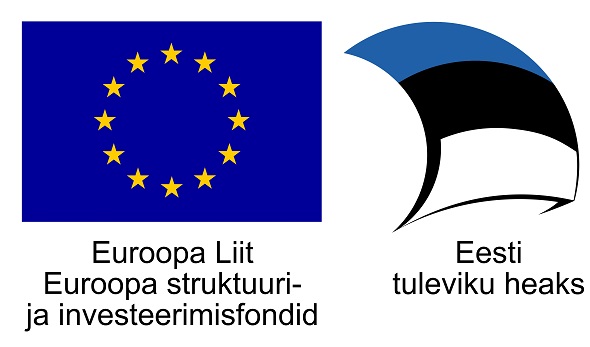NDPC approved projects for the CCIP Program 2013
 Despite the fact that a high number of applications were received, the expert group decided to opt for rather supporting a fewer number applications fully instead of giving a small cut to a higher number of applicants. This was considered very important in terms of enabling the projects to produce actual results.
Despite the fact that a high number of applications were received, the expert group decided to opt for rather supporting a fewer number applications fully instead of giving a small cut to a higher number of applicants. This was considered very important in terms of enabling the projects to produce actual results.
The applications were evaluated by strongly emphasizing the strategic goals of the NDPC / CCIP program, as outlined in the call for proposals. Also, the quality of planning and implementation as well as the partnership were evaluated. The project’s sustainability and long-term impact was also considered important.
The strategic assessment was based on three main factors: economic impact on the CCI sector through promoting cultural goods and services and internationalizing the sector, impact on networks and platforms as well as cultural impact. Some submitted projects managed to fulfill the criteria in all three fields, while many were more or less geared towards one or two focus areas. There were interesting projects which exceled in some other areas, but did not quite fit in the framework of the program. Therefore, truthful evaluation of the applicability of the project should always be done prior to taking part in a call for proposals.
All applications and projects were thoroughly investigated on the basis of the information given by the applicants. The experts assessed all submitted budgets and evaluated their feasibility in the project’s context. Some grants were proposed with conditions, in order to be able to make sure that some important steps are taken before the project implementation.
The variety of the submitted projects was extremely wide and virtually all sectors of the cultural and creative industries were represented. The expert group did not set a quota for each sector but evaluated all submissions as equal. Thus some sectors or geographical areas may have ended up with more funded projects than the others, entirely due to the quality of the submissions. There were certainly more good projects submitted than funding available and putting one project in front of another is not easy, but sticking to the set criteria enabled the expert group to analytically evaluate the projects’ qualities.
See the projects here





